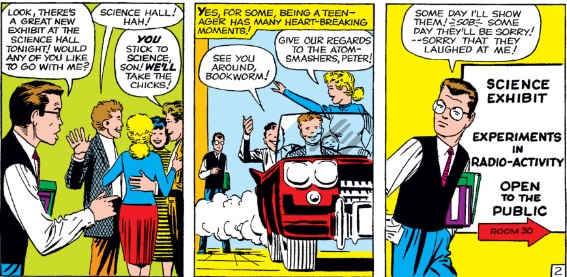Really, all you need to know about Harlan Ellison’s legacy is that he trademarked his own name and he’s the guy who did this to Connie Willis:
Harlan Ellison was that guy who used to be an important writer and editor but now was just some old guy with anger management issues (and grabby hands as it turned out) for as long as I’ve been reading science fiction. And I’ve been reading science fiction since at least 1982. As a kid devouring anything about science fiction I could get my hands on back then, mostly from the somewhat out of date local library’s collection, he was omnipresent in books about esseff, not so much as a writer in his own right. A few stories scattered here and there among anthologies, but I’ve never read all that much about him. And what I read of his I sometimes ended up hating.
Ellison’s importance to me, as he seemed to be presented in fanzines and sf history books and such, was as a model for how to be a certain type of fan turned writer, a template for whole generations of baby boom/gen X fans. Well but narrowly read in science fiction and adjacent genres, argumentive, elistis, bit of an asshole and proud of it. Ellison campaigned for the Equal Rights Amendment, but as it turned out, had a bit of a history with harassing women that didn’t make it into the sf history books or fanzines.
With the news of his death came of course the eulogies, which touched off something that I think Jasmine Gower put it best:
As someone who was only 16 when Harlan Ellison sexually assaulted a colleague on stage at WorldCon, I have only ever known him by that reputation.
It’s very concerning to see my community today celebrating this sexual predator as someone who made our field stronger.
If you’re the same age as me or younger, Ellison always was somebody who had been cutting edge and radical once but now was a sour old coot; even ignorant of his sexual assaults, he came across as an asshole and celebrated for it. But there also a great many fans and writers to whom Ellison was and is still important because they were there when he was in the vanguard of the American New Wave, freeing sf from its self imposed shackles. Then there are people like Tananarive Due, who remembered Ellison for supporting both Octavio Butler and herself. And, as mentioned above, Ellison championed the ERA. In other words, the not at all rare example of a progressive man being awful in private. It’s a mixed legacy indeed, you can’t deny his good parts, but as I said eight years ago already, who would want to be Harlan Ellison now?
